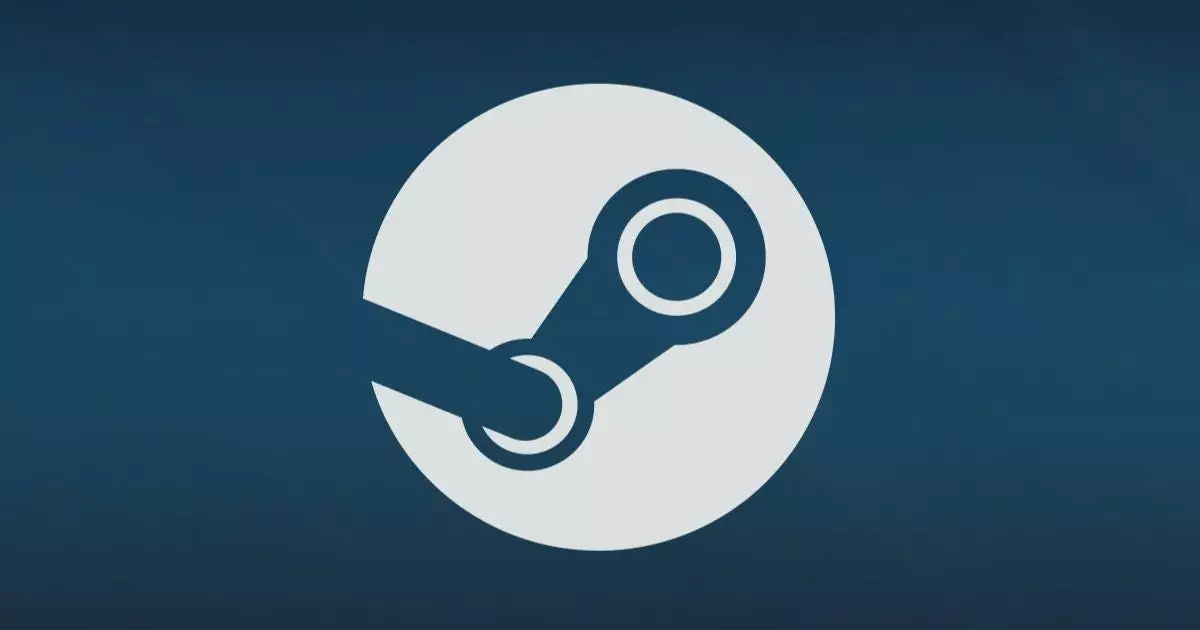The gaming sales industry has long seen explosive growth, but with this growth comes mounting scrutiny, particularly about the practices of dominant players such as Valve Corporation and its digital distribution platform, Steam. At the heart of this scrutiny is a class-action lawsuit that has morphed from a singular complaint into a broader challenge to Valve’s purportedly monopolistic practices. This lawsuit, spearheaded by Wolfire Games alongside Dark Catt Studios, shines a spotlight on the intricate dynamics of market competition and the potential pitfalls of excessive corporate power.
The crux of the lawsuit involves allegations that Valve’s 30% revenue cut from sales on Steam creates an unfair competitive advantage in the PC gaming market. Critics argue this cut inflates retail prices, limits pricing flexibility for developers, and stifles competition from competing stores that may otherwise offer lower commission rates. David Rosen, founder of Wolfire, articulately critiques this practice, positing that it curtails consumer choice and restricts market competition. This passionate plea highlights the notion that developer agency is thwarted by a system that favors Valve at the expense of innovation in pricing models and game accessibility.
The path to this class-action rollout has been anything but smooth. Initially filed in April 2021, Wolfire’s original case faced dismissal by the courts, which found that they could not sufficiently demonstrate harm caused by Valve’s practices. The judge’s assertion reinforced the argument that competition, or the lack thereof, in the form of alternative platforms like the Epic Games Store had not managed to upend Steam’s dominance.
However, the dismissive ruling also provided a lifeline: a chance for amended claims with stronger evidence, encouraged by the legal observations from the initial dismissal. This re-evaluation culminated in May 2022 when the court acknowledged that certain aspects of the antitrust claims had merit and allowed the case to progress. Subsequently, the combination with Dark Catt Studios’ similar claims created a larger unified challenge against Valve, culminating in its classification as a class-action lawsuit.
The conversion into a class action opens a more extensive avenue for legal recourse, allowing any developer or publisher who has transacted with Valve since January 28, 2017, to benefit from the outcomes of this case. This reclassification points to a significant shift in the lawsuit’s scope, amplifying the potential monetary damages Valve may face should the plaintiffs win.
If victorious, the ramifications would echo throughout the industry. Valve might be compelled to reassess its revenue model, resulting in a lessened commission fee that could invite other developers to explore their platforms without fear of crippling cuts. This is not just a case about money; it encapsulates a broader discussion about the equity of market practices and how they foster or hinder innovation within gaming culture.
Valve’s pushback against the lawsuit reflects the typical resistance a monopolistic entity may exhibit when faced with allegations concerning its practices. Accusations of maintaining market power through high commission fees will likely resonate within a community that remains dissatisfied with Steam’s fee structures in the face of competitive offerings, such as those from the Epic Games Store and Microsoft Store. The argument that the 30% cut is an industry standard appears increasingly flimsy, as developers vocalize their disenchantment with such norms.
The existence of such a monopoly raises critical questions: How should power be distributed among these platforms? Shouldn’t game developers retain freedom over pricing without fearing repercussions from influential giants? The balance of power in the digital distribution landscape is a pressing concern that extends beyond mere legal arguments; it potentially shapes how games are marketed, sold, and valued.
As the case against Valve continues to unfold, the implications stretch beyond the immediate lawsuit. It touches upon the nature of competition in creative industries and sets a critical precedent regarding the responsibilities that come with market dominance. While the ultimate outcome is unpredictable, the very act of challenging Valve’s practices has illuminated the ongoing struggles within the gaming community over what fairness means in a market increasingly influenced by mega-corporations.
In essence, this lawsuit isn’t merely about financial reparations; it symbolizes a fight for the essence of creative freedom within an industry that continues to evolve at a breakneck pace. As such, industry watchers and participants alike will want to pay close attention to the developments in this legal battle, which may very well dictate the future of PC gaming as we know it.

